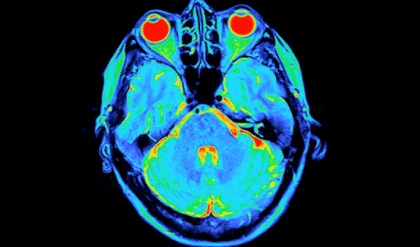
A new study led by researchers at the Norwegian University of Science and Technology (NTNU) has revealed that the perception of burnout may need to change. Traditionally associated with long working hours and job-related stress, burnout is now shown to have origins in a broader range of life pressures. In fact, less than 30 percent of individuals experiencing burnout attribute their symptoms primarily to their employment.
According to psychologist Renzo Bianchi, who is part of the research team, “People who experience burnout describe stress in their daily lives that leads to a form of depression. You could call it depressive stress in life.” The study examined 813 employees in Norway, some of whom reported feelings of burnout, establishing a comparison of perceived factors contributing to burnout, exhaustion, and general psychological distress.

The results of the study indicated that although burnout was indeed linked to job variables, other elements such as job security and support from colleagues were found to correlate more closely with general psychological stress than with burnout itself. Notably, only 27.7 percent of participants with burnout symptoms said they believed work was the main cause of their feelings. This aligns with previous studies that have also shown that many experiencing burnout do not view their job as the primary trigger.
The researchers stress that burnout can manifest differently for different individuals. Bianchi explains, “For people with a more anxious personality, worries and stress can drain a lot of energy without it necessarily being solely about their job. It is crucial to explore more about how personality impacts burnout.”
The World Health Organization describes burnout as “chronic workplace stress” characterized by three dimensions: exhaustion, increased distance from work, and decreased professionalism. Originally defined by US psychologist Herbert Freudenberger within the context of caregiving professions, the understanding of burnout has evolved to encompass various job types. However, the NTNU team suggests that the definitions surrounding burnout may need a rethink to focus beyond just workplace issues, especially since many factors outside of work contribute significantly to burnout.
Burnout has far-reaching effects on both physical and mental health and can be driven by conditions related to family, health, or financial stability. To help mitigate the risks of burnout in the workplace, the researchers recommend fostering job security, encouraging coworker support, and promoting self-determination. In addition, finding meaningful work can also help individuals cope better with stress.
Bianchi emphasizes that “not everyone is fortunate enough to love their job, which can affect their ability to manage stress at work.” He also advocates for the importance of finding a meaningful role and putting in the necessary effort to achieve success.
The findings from this crucial research were published in the Journal of Psychosomatic Research, signaling a possible shift in how both research and professional practices approach the phenomenon of burnout.






